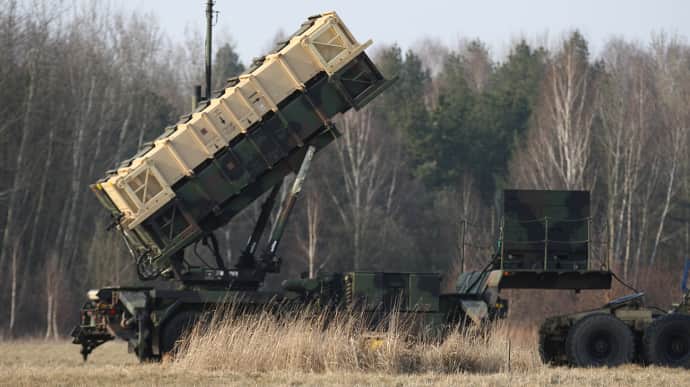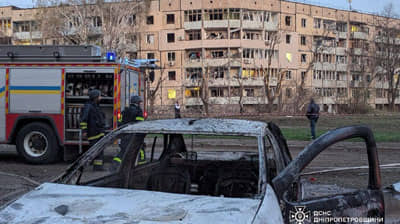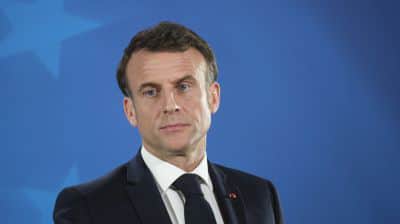Military aid to Ukraine at risk due to lack of funds from partners – Bloomberg

Military supplies to Ukraine for the coming year are at risk due to financial challenges faced by some allies and the reluctance of others to increase funding for aid.
Source: Bloomberg, citing sources
Details: As Ukraine approaches its third winter since the full-scale Russian invasion in 2022, it is finding it difficult to convince its Western allies to follow through on their commitments.
At the same time, the Kremlin's military machine is outpacing Kyiv's ability to obtain the necessary ammunition, missiles and other equipment to defend itself against attacks. A source noted that this highlights how Russia's economy is geared towards military needs, while Ukraine's allies are not.
A significant portion of the military support for Ukraine in 2025 hinges on an agreement by the Group of Seven countries to provide US$50 billion in loans, funded by proceeds from frozen assets belonging to the Russian Central Bank.
However, the countries are still negotiating the details of this agreement, with the US seeking assurances that Hungary will not obstruct the European Union’s measures. If an agreement is not reached, the final sum could be reduced.
Even if the deal is finalised, US$50 billion will not be sufficient to cover Ukraine's needs for another year of war. The allies will need to seek additional financial resources.
The situation is further complicated by a lack of funding. Ukraine's government projects a budget deficit of 19% of GDP for 2025, amounting to around US$35 billion that needs to be covered. Last month, Prime Minister Denys Shmyhal stated that more than half of this sum would be provided by the IMF and the EU but that approximately US$15 billion would still need to be secured, potentially through loans from the G7.
Additionally, there is the matter of military funding. The US$50 billion from the G7 is roughly equivalent to the military aid provided by the US and major European allies from January 2023 to June this year. During that period, the United States contributed approximately €31.5 billion, while Germany, the United Kingdom, France, and Italy collectively provided around €15.7 billion.
However, these figures might not reflect the full extent of military assistance, as some countries do not disclose all information, and certain commitments have yet to be fulfilled. Ukraine’s Armed Forces rely heavily on allies to supply artillery ammunition, missiles, and air defence equipment.
Support UP or become our patron!





